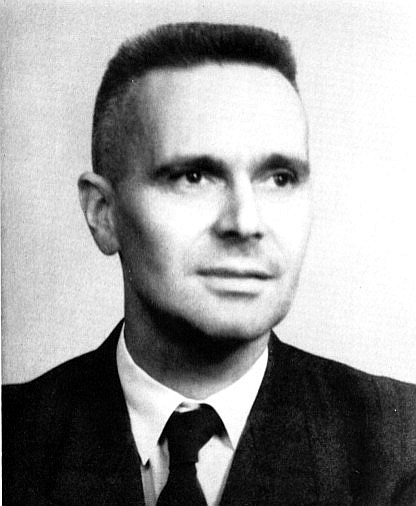| Profile | Major Works | Resources |
Jan Tinbergen, 1903-1994.

Dutch economist, statistician and pioneer of econometrics.
Originating from the Hague, Jan Tinbergen obtained his doctorate at the University of Leyden in 1929. Tinbergen joined the Dutch central statistical bureau in 1929. From 1933, Tinbergen also became a part-time faculty member at the Netherlands School of Economics (now Erasmus University, Rotterdam). In 1936-38, Tinbergen took leave to work as an advisor to the League of Nations in Geneva, during which composed some of his most famous works.
Tinbergen pioneered econometrics in the late 1930s, applying new statistical techniques mainly to Neo-Keynesian macroeconomic models, estimating parameters and using it as a means to calculate the impact of economic policies. Tinbergen's 1936 model of 34 equations for the Dutch economy was the first macroeconometric model ever built. His 1939 macro-model of the United States used 48 equations (Klein's 1950 model would use only seven).
In 1945, Tinbergen became the director of the Dutch Central Planning
Bureau in the Hague. He resigned in 1955 to take up a full-time
academic position at Rotterdam, although still acting as a consultant to
the Dutch government, various developing countries (India, Pakistan,
etc.) and UN agencies. In the 1950s, Tinbergen laid the groundwork
for the theory of optimal policy and also extended his ideas to
longer-term problems, notably economic
development and growth.
Jan Tinbergen shared the first Nobel Memorial Prize in 1969 with Ragnar Frisch.
|
Major works of Jan Tinbergen
|
HET
|
|
Resources on Jan Tinbergen
|
All rights reserved, Gonçalo L. Fonseca
